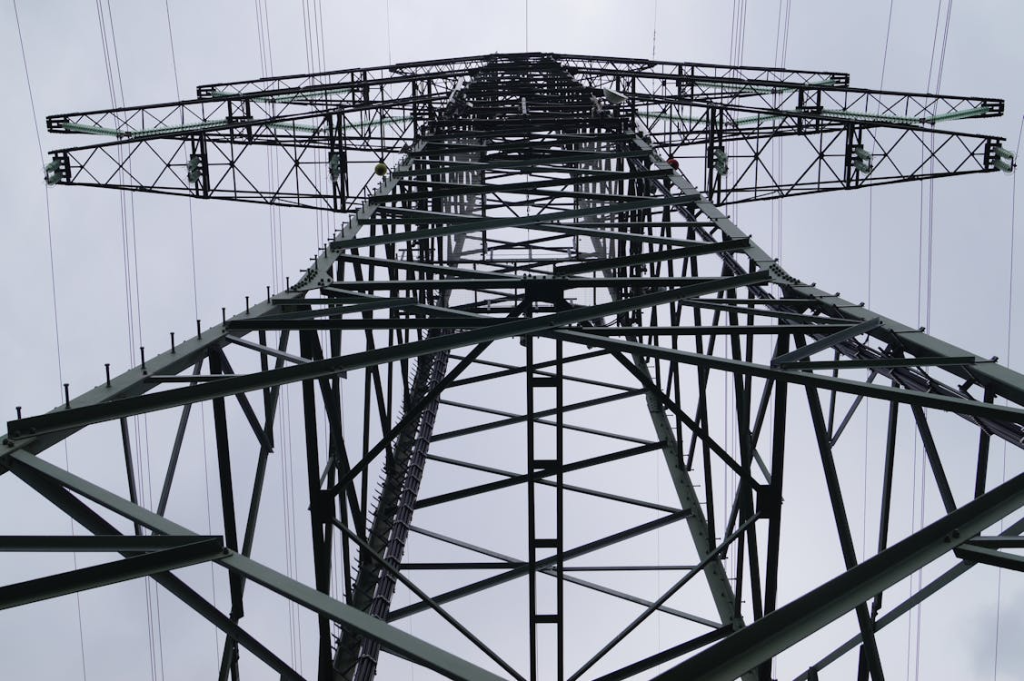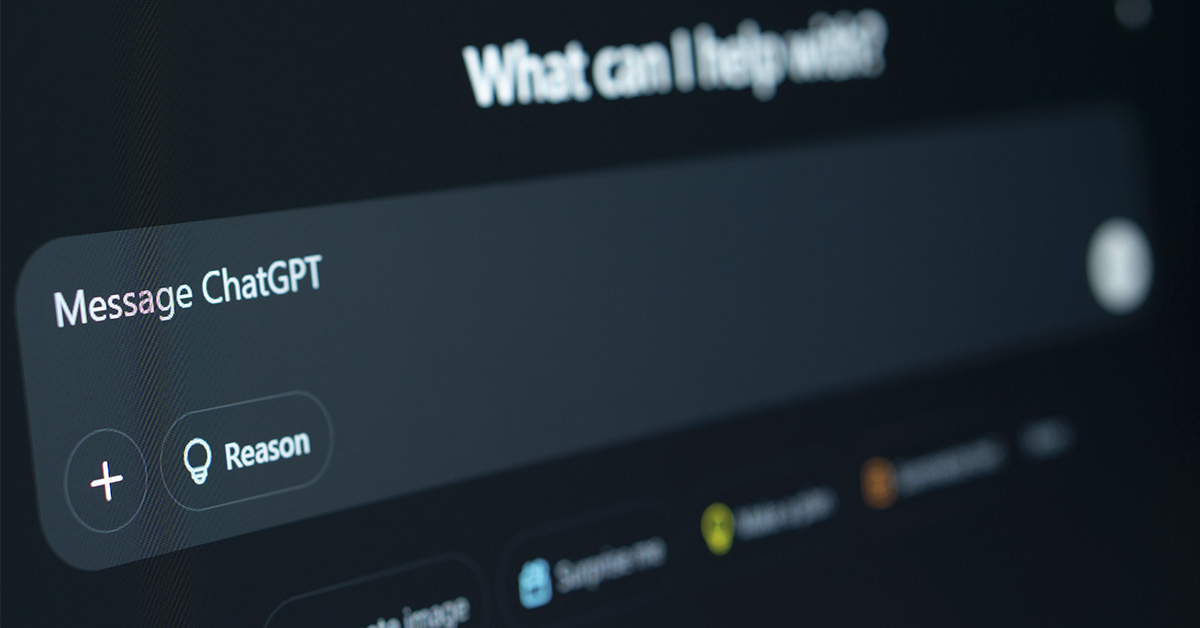Since its inception in 2022, people have progressively become dependent on OpenAI’s ChatGPT. Users would prompt it to do almost anything in their daily lives: from job applications to recipes to cook. During the period of its launch, ChatGPT was poised to overtake Google’s search engine as the most used search engine. However, many people remain highly suspicious of AI and ChatGPT. They warn that a heavy reliance on AI could cost humanity and the climate severely in future.
OpenAI’s AI models and in particular its language model, ChatGPT, has been engrossed in controversy since its launch in 2023. ChatGPT has received a significant amount of backlash for their labor practices and illegally training its models on copyrighted material. Beyond just moral and ethical problems facing ChatGPT, is the environmental and financial toll it takes. According to reports, 10 to 50 questions wastes about 500 milliliters of water. ChatGPT also uses more than 500 million kilowatts of electricity every day.
The Hidden Environmental Cost of ChatGPT

According to a tech analyst, Dylan Patel, ChatGPTs cost of operation exceeds more than $670,000 a day. Every query users submit triggers complex computational processes in massive data centers. These data centers require tremendous amounts of energy and water to power and maintain cooling. In some estimates ChatGPT’s environmental footprint rivals that of entire small countries.
Read More: As AI Gets Smarter, Its Mistakes Get Bolder – Experts Warn of Rising Hallucinations
Water Consumption Behind Every Chat

ChatGPT consumes approximately 500 milliliters of water for every 20-50 questions users ask. These systems require large amounts of water for the cooling systems that prevent servers from overheating. Data centers use water that is fit for human consumption, as any contaminants may damage the server. The water evaporates through cooling towers, but is lost through this process.
Microsoft consumed roughly 700,000 liters of freshwater during GPT-3’s training phase alone. This equals the amount of water needed to manufacture 370 BMW cars. According to Forbes, two-thirds of the world’s population is predicted to experience water scarcity by 2050. Critics also state that the resources pumped into ChatGPT’s models could be used to provide housing. Each conversation contributes to global water scarcity concerns affecting billions globally.
Read More: Could AI Lead to a Major Population Drop by 2300? One Expert Thinks So
Energy Demands of AI Conversations

Recent studies estimate ChatGPT queries consume approximately 0.3 watt-hours per typical interaction. Initial findings overestimated the usage at three watt-hours. However, complex queries with longer inputs can consume 2.5 to 40 watt-hours. Even conservative estimates show substantial energy requirements for billions of daily users.
ChatGPT currently uses around 39.98 million kilowatt-hours daily, according to industry calculations. This energy consumption could power the Empire State Building for 18 months. Training the language models also requires vast amounts of energy and water. Heavy usage translates to enormous cumulative environmental impact across global user bases.
OpenAI’s Labor Exploitation Controversy

OpenAI has come under fire for its environmental impact, labor practices and ethics. Already in its infancy of operation, OpenAI faced significant backlash for exploiting workers in underdeveloped countries during ChatGPT’s development. The company hired Kenyan laborers to filter harmful content to make the AI system less violent, sexist, and racist. The Kenyan laborers were paid less than $2 per hour.
These workers were tasked with reviewing and labeling traumatic text and images to train ChatGPT’s data recognition systems. In anonymous interviews with TIME magazine, laborers described their experiences as psychologically damaging. One worker characterized the work as “torture” due to the extremely disturbing nature of the content they were forced to process daily.
Read More: Boy Visits 17 Doctors Over 3 Years for Chronic Pain—ChatGPT Sheds Light on Diagnosis
The Studio Ghibli Copyright Controversy

OpenAI recently launched a controversial feature allowing users to create Studio Ghibli-style images through ChatGPT. This “Ghiblification” trend sparked immediate backlash from legal experts and artists on the usage of copyrighted work without permission. Users generated countless images mimicking Hayao Miyazaki’s distinctive animation style without permission from the artist. Critics warn that training AI datasets on artists without permission could set a dark precedent for the future of artists.
Studio Ghibli founder Miyazaki previously expressed a strong disdain for AI in animation. He called AI-generated content “an insult to life itself” during a 2016 demonstration. The 84-year-old animator values hand-drawn techniques and perfectionist craftsmanship over technological shortcuts. Legal experts suggest Studio Ghibli could pursue copyright infringement cases against OpenAI for the feature.
Environmental Impact of Growing AI Usage

ChatGPT’s environmental footprint will expand dramatically as AI integrates deeper into society. Current estimates suggest AI could consume 10% of US electricity by 2030. Projections show that water scarcity may affect two-thirds of the global population by 2050. Meanwhile, ChatGPT diverts clean drinking water from human consumption to server cooling.
The technology consumes electricity and water that could power residential housing instead. Mining rare materials for AI hardware creates additional environmental pollution and damage. Semiconductor manufacturing requires massive amounts of water during its production processes. There are cumulative costs which add onto the already resource heavy operational costs.
The Real Cost of Politeness to AI

Adding polite words like “please” and “thank you” to ChatGPT queries increases the amount of resources the models use. These extra tokens require additional processing power and energy consumption per interaction. Simple courtesy phrases contribute to these mounting operational expenses across millions of users.
OpenAI founder Sam Altman joked that politeness could cost tens of millions annually. However, the environmental impact of unnecessary tokens represents serious resource waste. Each additional word processed requires more server capacity and cooling infrastructure. Users unknowingly amplify ChatGPT’s environmental burden through conversational habits and verbose prompting.
Future Sustainability Concerns

Climate scientists warn that AI’s environmental impact could severely undermine the effort put forward to mitigate climate change. Water scarcity predictions suggest a serious reevaluation of where crucial resources fundamental to life are directed. Meanwhile, AI development continues prioritizing capability expansion over environmental considerations. Users must consider these hidden costs when choosing between AI assistance and traditional alternatives.
Read More: Woman Dismissed ChatGPT’s Warning About Her Symptoms, Then Got a Cancer Diagnosis

